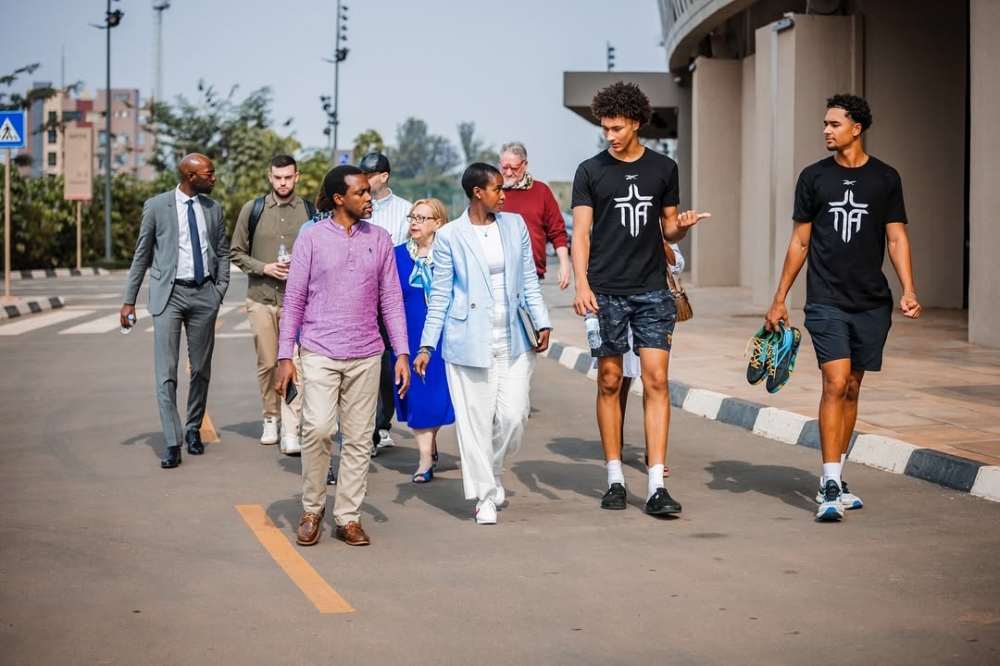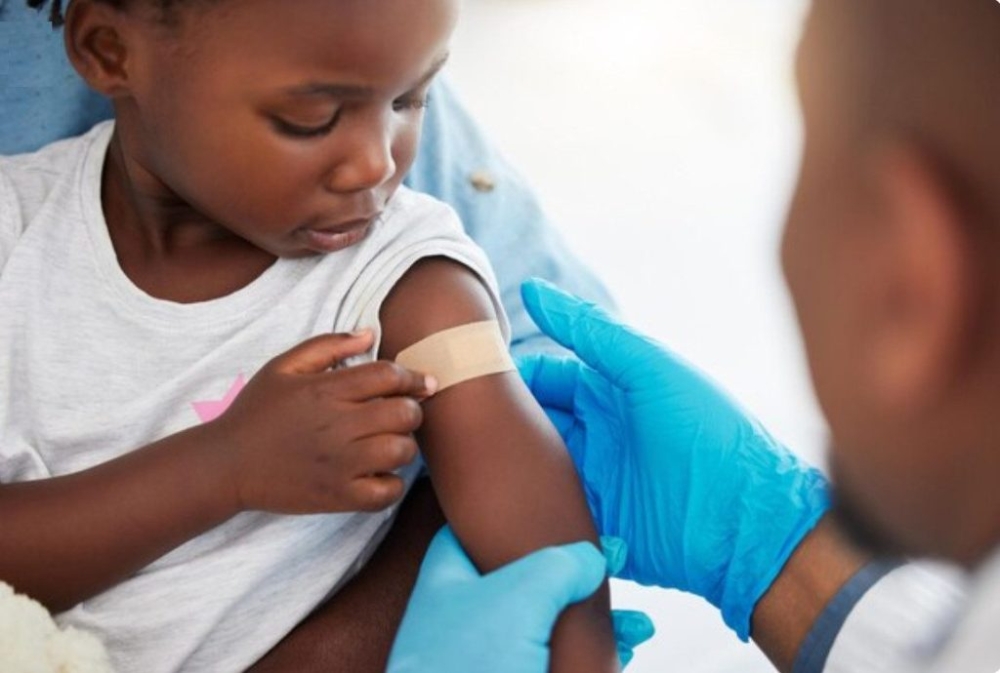The Nobel Peace Prize for this year went to the European Union, an organisation of 27 countries that have strengthened their politico-economic ties while their former colonies are still dreaming about the peace their former masters are enjoying.

The Nobel Peace Prize for this year went to the European Union, an organisation of 27 countries that have strengthened their politico-economic ties while their former colonies are still dreaming about the peace their former masters are enjoying. While accepting the prize on December 10, EU president Belgian Herman Van Rompuy and Portugal’s José Emmanuel Barrosso attributed their success to a "secret weapon”.Rompuy recalled how, after the Second World War, European countries opted for round table talks instead of the use of the gun to bring peace to Europe. According to Rompuy, lasting peace in Europe wouldn’t have been possible without their union.For his part, Barosso said: "The European Union is the quest for the cosmopolitan order in which one person’s gain doesn’t have to be another person’s pain.” He talked of how the EU has spearheaded promotion of human rights by condemning the death penalty and supporting the International Court of Justice among others. But he was quick to add: "Despite imperfection, the European Union is a powerful inspiration to many around the world.”Imperfection This imperfection is a subject of discussion for many people around Africa. It is worth noting that the European Union successfully achieved peace for the European continent but the countries they once colonised are still struggling to achieve the same.Some past leaders, including South African social rights activist, Desmond Tutu, think the EU does not deserve the Peace Prize. Tutu wonders: "So, is the Nobel Peace Prize losing its prestige? And is it still contributing to world peace in the way Alfred Nobel had envisioned?” asks Desmond Tutu.Alfred Nobel, the founder of this prize, had asked that the prize be awarded to "the person who shall have done the most or the best work for fraternity between nations, for the abolition or reduction of standing armies, and for the holding and promotion of peace congresses.”Professor Deo Byanafashe, a history lecturer at the National University of Rwanda, is of the view that the role Europeans played in Africa shouldn’t be ignored. He says: "The Peace Prize didn’t consider that side of global responsibility of the European Union. They should help their former colonies to get rid of conflict. Unfortunately, kindness and justice towards us doesn’t seem to be their concern.”Irené Bugingo, a researcher on peace and conflict resolution at the Institute of Research and Dialogue for Peace (IRDP) also believes "Europeans have either a direct or indirect role in African conflicts”. According to Bugingo, our former colonisers came here to extract minerals – and they still do. Moreover, Bugingi adds, they left us the legacy of their conflicts.President Kagame, speaking during celebrations to mark Rwanda’s Golden Jubilee, said: "In Rwanda, for instance, it is only in the last 18 years that we have regained the dignity and identity we lost twice – first, under colonialism and then, ironically, at the time of independence.”Kagame added, "For over a century, including the last 50 years of independence, Africa lost immense opportunities, largely due to unbalanced relationships within the global community that were often predatory and even abusive in nature.”On interference of foreign countries, President Kagame said, "We are also conscious that along the way, external factors have adversely interfered in Africa’s governance, often supporting lack of accountability in governance and hence promoting illegitimate interests.”However, Michel Arrion, the European Union ambassador to Rwanda, says, "Though colonisation impeded some development components in Africa, the latter should not make Europe their scapegoat. Their ancient colonisers are not entirely the source of their problems.” Is the EU most generous organisation in the world?According to Ambassador Arrion, the European Union "is the most generous organisation in the world.”And Bugingo concurs with him: "When you are in good terms with the European Union, it means you are on a safe side because they support development and humanitarian activities.” However, on issues of security and peace, Bugingo wonders whether their investments always generate good results.For example, in the Democratic Republic of Congo, Bugingo contends, the EU supports the biggest UN contingent the world has ever known but there is little achievement to show to the world.




